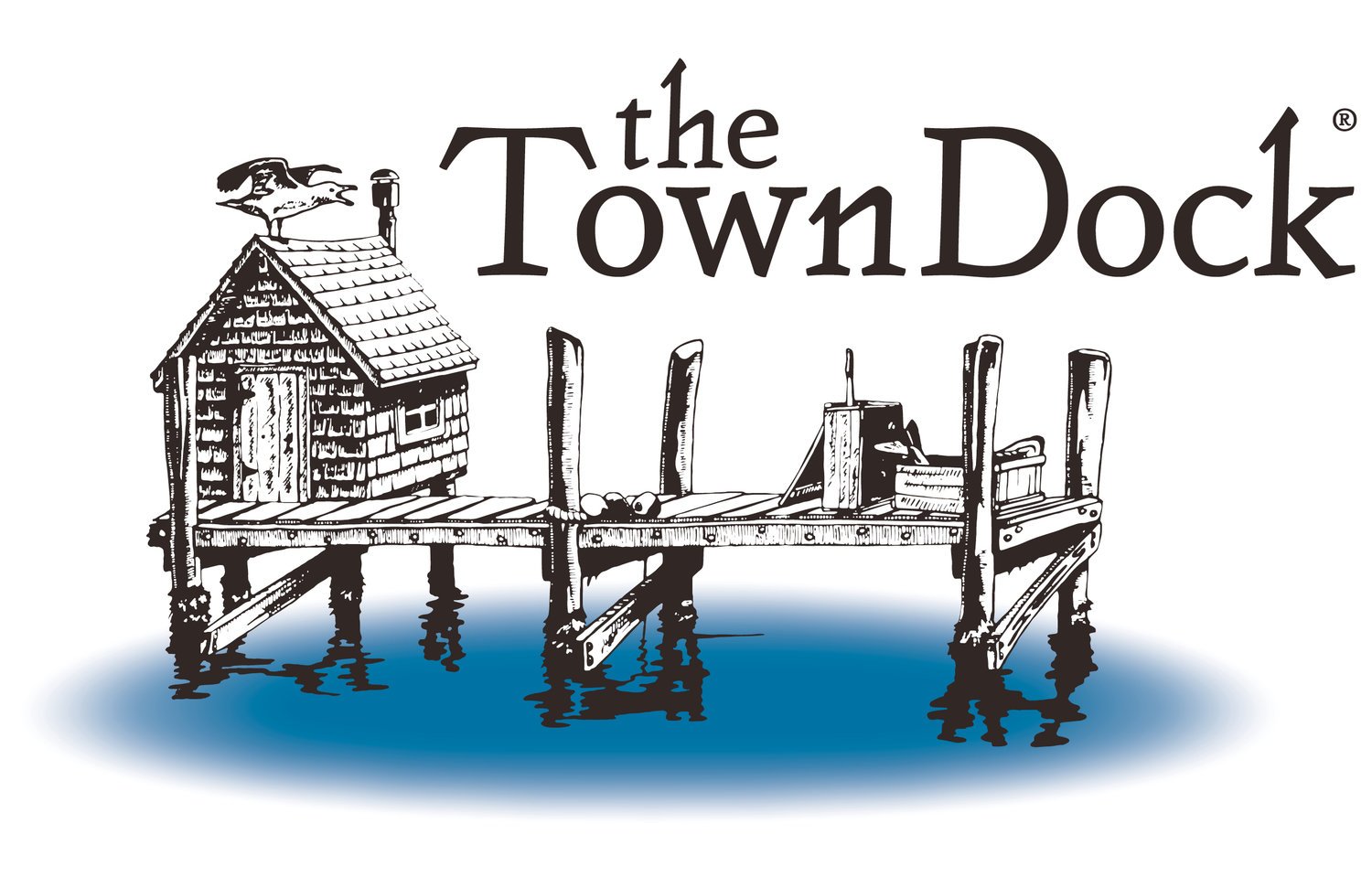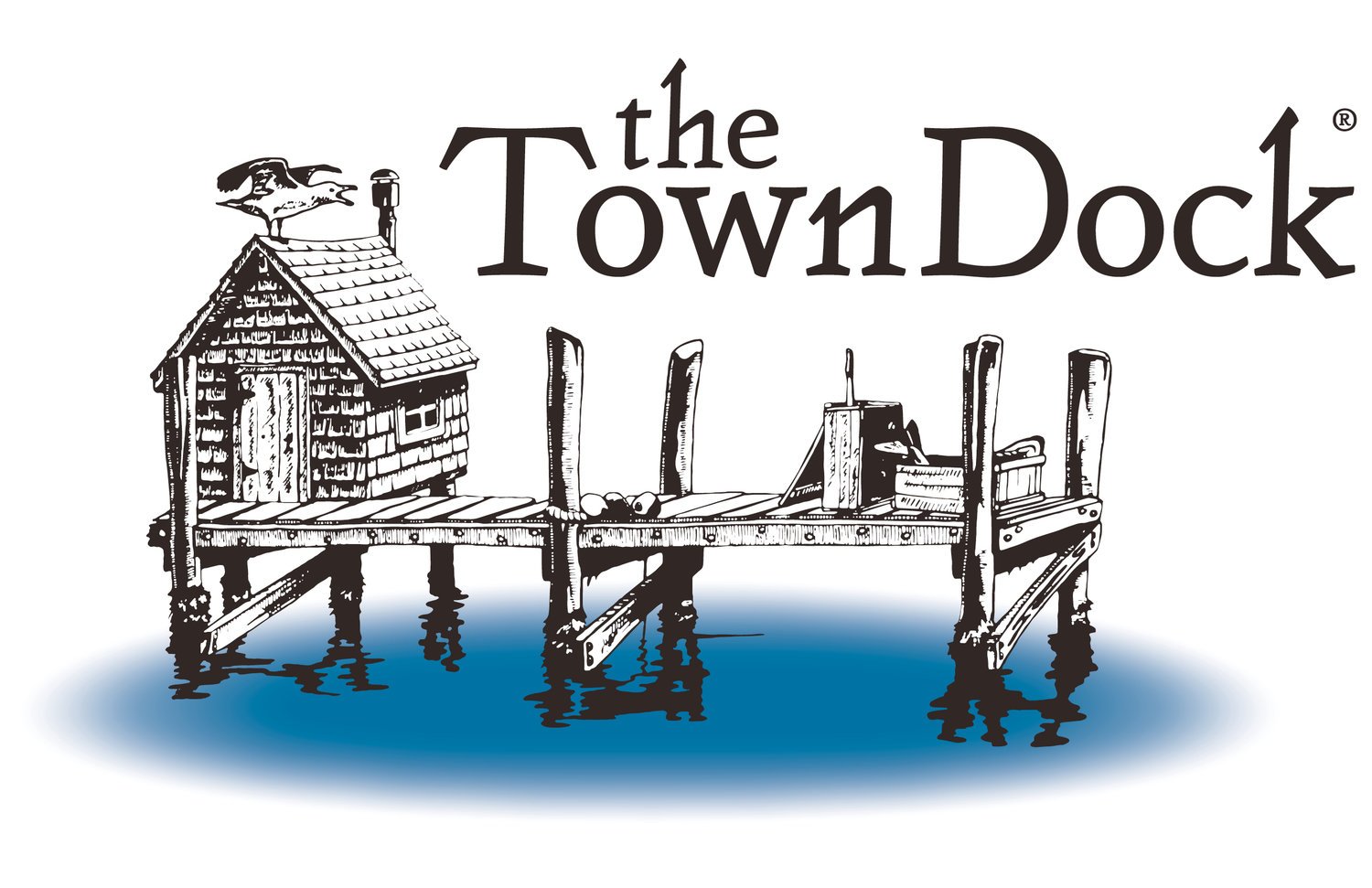Let's Talk Sustainability

Did you know that Longfin Inshore Squid and Northern Shortfin Squid are Certified Sustainable? It's true, both of these species are certified sustainable by the Marine Stewardship Council.
The key areas to focus on for sustainability are population health, catch methods, and how the fishery is managed. The Mid-Atlantic Fishery Management Council and the National Marine Fisheries Service set yearly quota specifications for both squids. Quotas are used to prevent overfishing from occurring by relying on the best available science to maintain a healthy population size. The data used to determine the quotas comes from the Northeast Fisheries Science Center.
Fishery management is a major component of keeping these species certified as sustainable. Fishery Management data includes fishery catch data, observer location data, and port sampling data, to name a few sources.
The catch method of any species can have an impact on their general habitat. Longfin and Shortfin Squid are harvested off the coast of New England and Mid-Atlantic. We use gear that is regulated and approved by the National Marine Fisheries Service and can only fish in areas where we avoid sensitive habitat like, deep sea coral reefs and certain spawning habitats.
In order to be certified sustainable by the Marine Stewardship Council, a fishery must meet certain principals for that fishery, follow certain guidelines, and reassess every five years to make sure the certification is still valid. See here: MSC Standard
In addition to MSC certification, the Town Dock participates on the Sustainable Fishery Partnership's Squid Roundtable. SFP works to encourage improvements to squid fisheries on a global scale. Species that are working towards becoming certified sustainable can be known as a Fisheries in Progress (FIP). For example, the Peruvian Squid is a species that is among fisheries in progress.
Our work is not quite done once a squid species is certified sustainable. For as much work we do on our part to make sure a fishery is sustainable there are many things out of our control that can affect our fisheries. For example, climate change is a big issue for us. We are seeing changes in species distributions and big swings in temperatures. As many know offshore wind development has progressed quickly here on the east coast. With it brings lots of unknowns to the fishing industry in terms of how the development of large swaths of area is going to affect the ecosystem and the species that rely on it.
Both climate change and the development of alternative energy sources will have an impact on our fisheries and ecosystems. How and by just how much, we aren't sure of yet. The Town Dock understands the need for alternative energy sources, we just want to see it carried out in a manner that is compatible with the fishing industry.
We take pride in being actively involved in organizations that champion sustainable fishing practices, and in providing our customers with a range of sustainable seafood options.
Learn more about our commitment to sustainability here: Sustainability at The Town Dock

